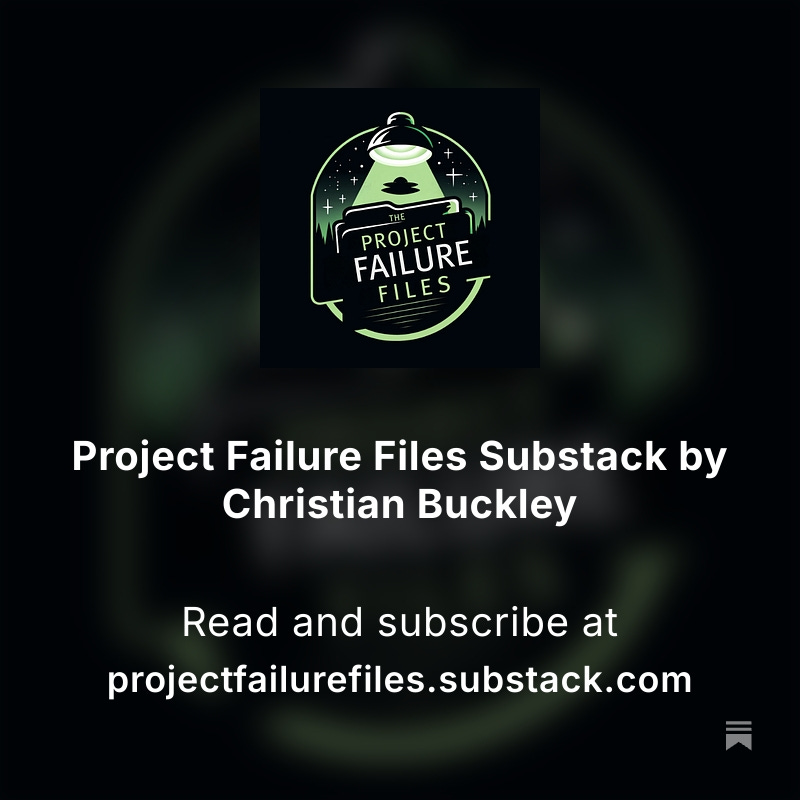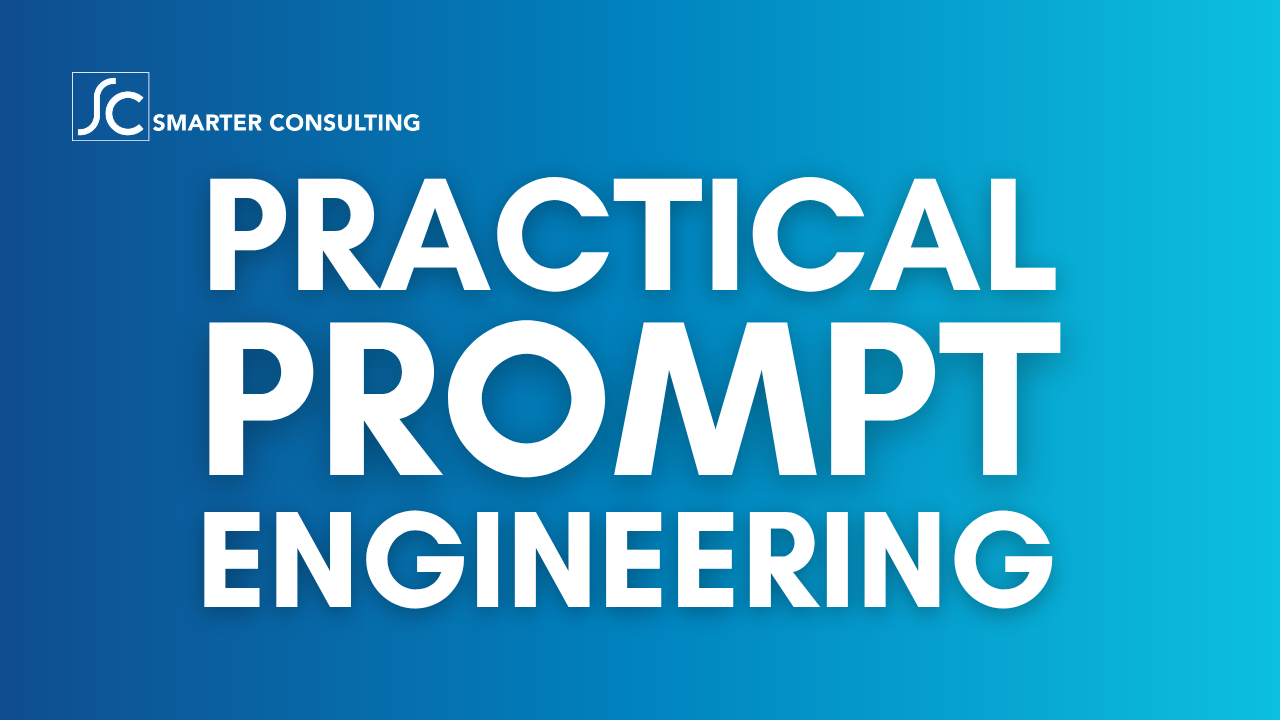AI, Hybrid Work, and the 10,080-Minute Week

Image by Bing AI
With all of Microsoft’s Copilot and other AI announcements, it’s exciting to see this new technology, but honestly, I’m more interested to hear about how this new technology will change the nature of work. I continue to be a fan of the Worklab blog that Microsoft publishes, such as the May 9th article “Will AI Fix Work?” Microsoft has been delving deep into the modern workplace’s dynamics, presenting insights on how professionals can navigate the changing landscape.
Here’s a quick breakdown of what Microsoft’s latest research suggests about the fusion of AI, hybrid work, and efficient time management for Microsoft 365 professionals:
Key Takeaways from Microsoft’s Research
- We are experiencing information overload: A substantial 54% of information workers find themselves drowning in a deluge of data, necessitating tools and strategies to cut through the noise(1).
- We need to spend more time thinking about our hybrid work models: With the shifting sands of remote work, 73% of employees are looking for flexible work environments. However, the need for in-person interactions remains high, with 67% expressing their preference for face-to-face collaborations(2).
- Work/Life balance requires some level of mastering your week: Every week has 10,080 minutes. How professionals choose to spend them can significantly influence productivity and well-being(3).
Applications for the Microsoft 365 Professional
- Optimized Time Management: Leveraging AI within Microsoft 365 can help users prioritize tasks, ensuring that their 10,080 weekly minutes are spent more productively(3). AI can offer reminders, flag high-priority emails, and even help with task delegation.
- Facilitating Hybrid Work: AI can analyze data to suggest optimal work models tailored for individuals or teams. For instance, determining the balance between remote work and in-office sessions, all while integrating smoothly with Microsoft Teams or Outlook(2).
- Enhanced Networking: AI can simplify connections in a hybrid work environment. By analyzing data, it can suggest potential collaborations or introduce professionals to peers with shared interests or complementary skills.
- Promoting Wellbeing: Beyond just task management, AI can remind workers of essential breaks, ensuring mental and physical health are given priority. This is particularly significant in back-to-back virtual meetings or intensive project sprints(3).
Final Thoughts
While AI offers significant promise in reshaping the way Microsoft 365 professionals work, it’s essential to strike a balance. The tools are there to enhance productivity and well-being, but the onus remains on the professionals to utilize them effectively. Microsoft’s studies repeatedly echo the craving for tangible interactions2, emphasizing that while machines can organize, only humans can truly empathize. Hybrid work is here to stay, and with AI’s integration, there’s an opportunity to craft a more efficient, flexible, and healthy work environment.
Footnotes
- Microsoft Worklab – Will AI Fix Work?
- Microsoft Worklab – Great Expectations: Making Hybrid Work Work
- Microsoft Worklab – There Are 10,080 Minutes in a Week. Here’s How to Be the Boss of All of Them





